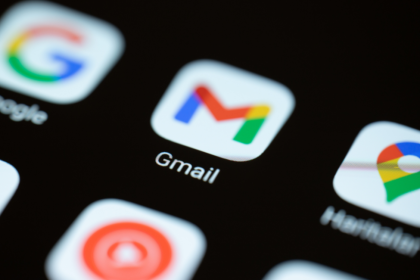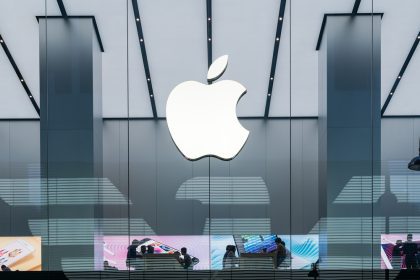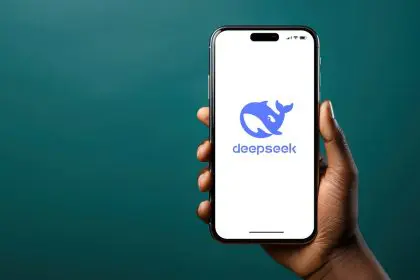Technology is constantly evolving, and Artificial Intelligence (AI) is at the forefront of this change. While some may view AI with apprehension, Stephanie Smith and Munson Steed offer compelling reasons to embrace it, not just for the sake of progress, but to stay competitive and future-proof your career.
The article delves into why AI is more than just a futuristic concept. We’ve already been using AI for years, from chatGPT’s assistance in crafting professional emails to Google’s suite of tools streamlining business practices. Smith emphasizes the importance of staying ahead of the curve by constantly learning about new AI features and testing them out. Data, she argues, is key to backing up claims and ensuring your approach is effective. Steed underscores this point, highlighting the value of experimentation and learning to improve your performance in the evolving landscape.
The article features Stephanie Smith’s journey with AI. Her extensive experience running ads led her to create a platform called Simi, inspired by Steed. Simi allows users to practice running ads in a safe, no-stakes environment using AI and machine learning to make data-driven decisions. This is a prime example of how AI can empower individuals and equip them with valuable skills.
So how can you leverage AI in a practical way? Smith suggests researching AI’s capabilities to understand its potential applications. Brainstorming with a team can also spark creative ideas for incorporating AI into your workflow.
The article dispels the myth of AI as a mere writing or design tool. Steed emphasizes AI’s vast capabilities, citing an example of a student using AI to construct a website simply by describing its desired function. This showcases the potential of AI to streamline processes and enhance productivity.
Ownership of AI creations is also addressed. Steed cautions that ownership rights may vary depending on the platform used. Smith recommends consulting a lawyer if ownership is a concern. Open-source platforms, she suggests, can provide greater control over ownership for those building with AI.
The article acknowledges that “future-proofing” means different things for different people. Smith highlights that the key is to understand AI and how it can specifically benefit your profession or business. Whether you’re a freelancer, entrepreneur, or part of a large corporation, there’s an AI application waiting to be explored.
Finally, the article underscores that AI isn’t entirely new. Steed argues that features like spell-check are a form of AI, and AI has simply become more accessible and user-friendly in recent times.
The future of work necessitates collaboration and a curious mind. Steed suggests that partnerships, certifications, and a willingness to learn alongside AI will be crucial for staying relevant. By embracing AI and understanding its potential, you can transform it from a perceived threat into a powerful tool for success.


















